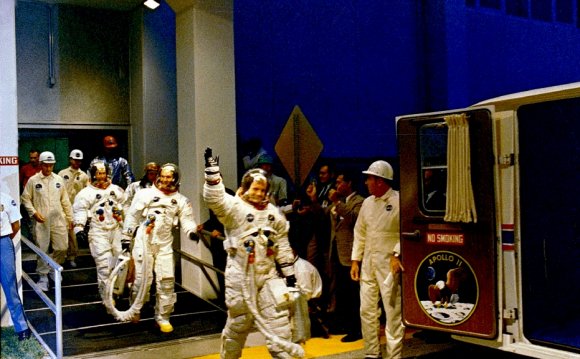
David R. Scott (Colonel, USAF, Ret.)
NASA Astronaut (former)
PERSONAL DATA: Born June 6, 1932, in San Antonio, Texas. Married. Two children. Recreational interests include swimming, handball, skiing, and photography.
EDUCATION: Graduated from Western High School, Washington, D.C.; received a Bachelor of Science degree from the United States Military Academy and the degrees of Master of Science in Aeronautics and Astronautics and Engineer in Aeronautics and Astronautics from the Massachusetts Institute of Technology; awarded an Honorary Doctorate of Astronautical Science from the University of Michigan in 1971. He has graduated from the Air Force Experimental Test Pilots School and Aerospace Research Pilots School.
ORGANIZATIONS: Scott is a fellow of the American Astronautical Society, Associate fellow of the American Institute of Aeronautics and Astronautics, and member of the Society of Experimental Test Pilots, and Tau Beta Pi, Sigma Xi and Sigma Gamma Tau.
SPECIAL HONORS: Two NASA Distinguished Service Medals, the NASA Exceptional Service Medal, two Air Force Distinguished Service Medals, the Air Force Distinguished Flying Cross, the Air Force Association's David C. Schilling Trophy and the Robert J. Collier Trophy for 1971.
EXPERIENCE: Scott graduated fifth in a class of 633 at West Point and subsequently chose an Air Force career. He completed pilot training at Webb Air Force Base, Texas, in 1955 and then reported for gunnery training at Laughlin Air Force Base, Texas, and Luke Air Force Base, Arizona.
He was assigned to the 32d Tactical Fighter squadron at Soesterberg Air Base (RNAF), Netherlands, from April 1956 to July 1960. Upon completing this tour of duty, he returned to he United States for study at the Massachusetts Institute of Technology.
NASA EXPERIENCE: Scott was one of the third group of astronauts named by NASA in October 1963.
On March 16, 1966, he and command pilot Neil Armstrong were launched into space on the Gemini 8 mission-a flight originally scheduled to last three days but terminated early due to a malfunctioning thruster. The crew performed the first successful docking of two vehicles in space and demonstrated great piloting skill in overcoming the thruster problem and bringing the spacecraft to a safe landing.
Scott served as command module pilot for Apollo 9, March 3-13, 1969. This was the third manned flight in the Apollo series, the second to be launched by a Saturn V, and the first to complete a comprehensive earth-orbital qualification and verification test of a "fully configured Apollo spacecraft." The ten-day flight provided vital information previously not available on the operational performance, stability, and reliability of lunar module propulsion and life support systems. Highlight of this evaluation was completion of a critical lunar-orbit rendezvous simulation and subsequent docking, initiated by James McDivitt and Russell Schweickart from within the lunar module at a separation distance which exceeded 100 miles from the command/service module piloted by Scott. The crew also demonstrated and confirmed the operational feasibility of crew transfer and extravehicular activity techniques and equipment, with Schweickart completing a 46-minute EVA outside the lunar module. During this period, Dave Scott completed a 1-hour stand-up EVA in the open command module hatch photographing Schweickart's activities and also retrieving thermal samples from the command module exterior. Apollo 9 splashed down less than four miles from the helicopter carrier USS GUADALCANAL.
RELATED VIDEO
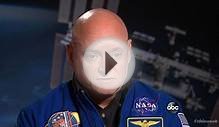
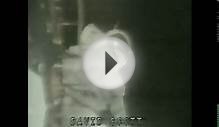
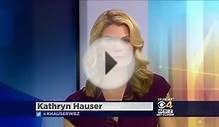

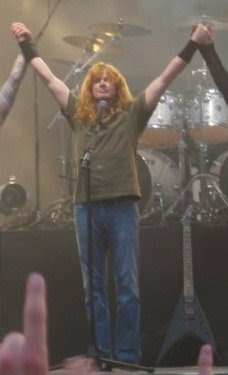 David A. Scott (born June 27, 1946) is the U.S. Representative for Georgia's 13th congressional district, serving since 2003. He is a member of the Democratic Party.
David A. Scott (born June 27, 1946) is the U.S. Representative for Georgia's 13th congressional district, serving since 2003. He is a member of the Democratic Party.







